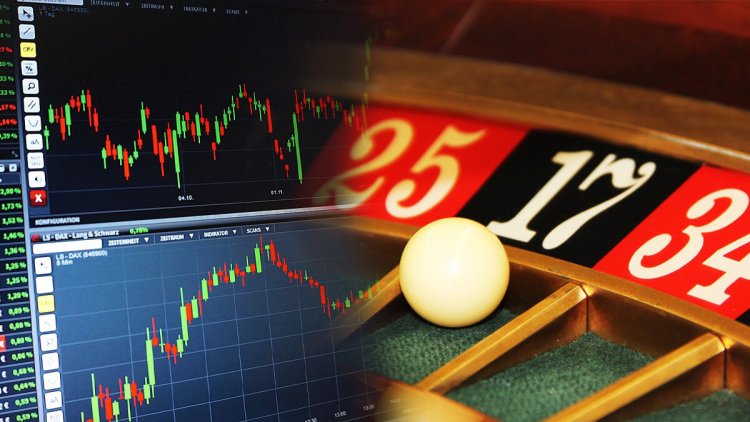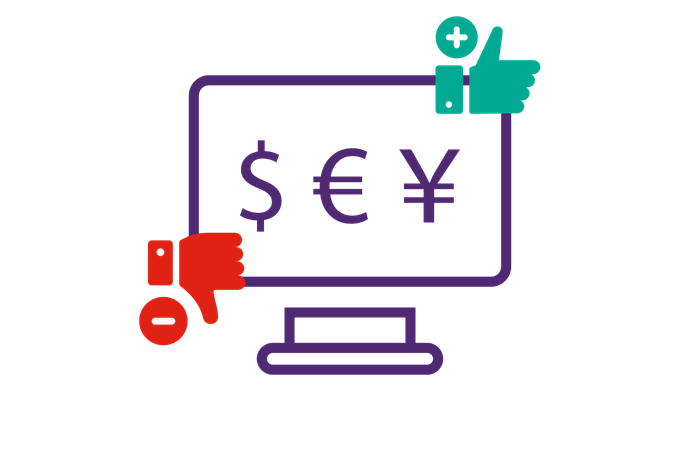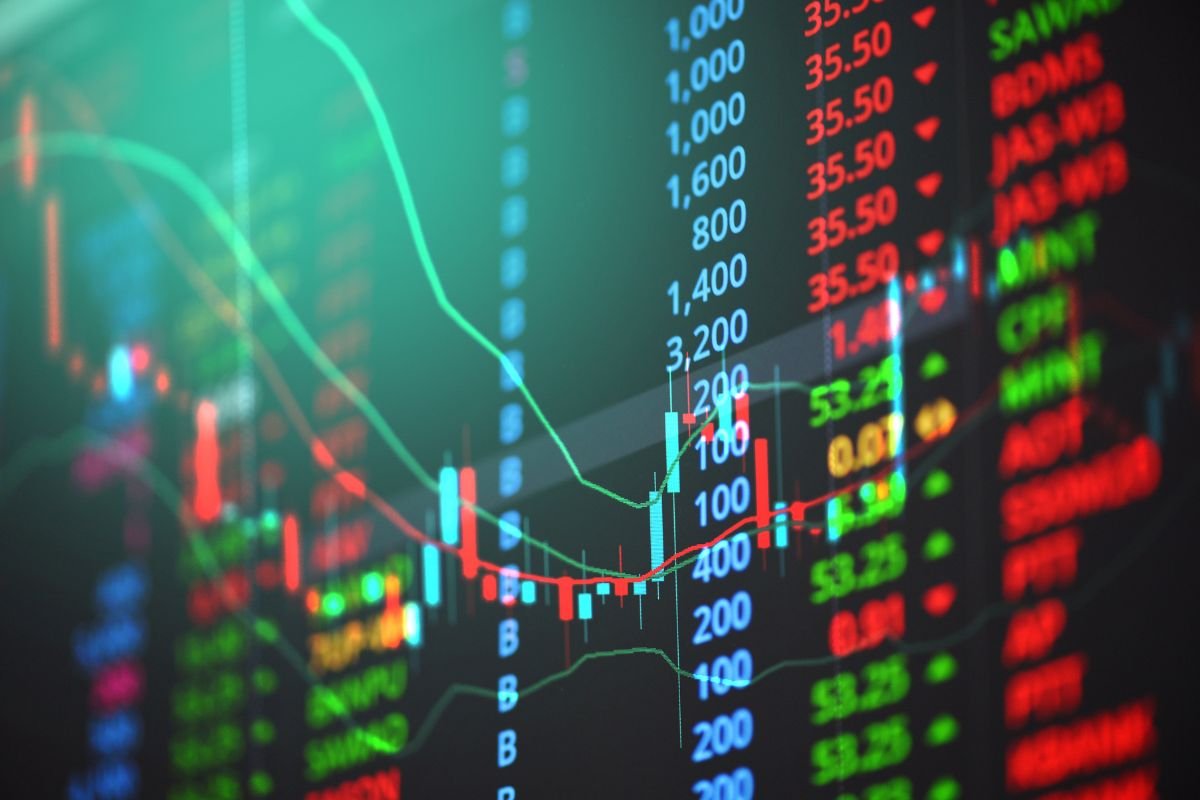When I first dipped my toes into trading, I had no clue whether I should go with Forex or the stock market. I knew both had potential, but the paths felt so different. After years of learning (and a few painful mistakes), I figured out the key differences that can truly affect your success depending on your goals, risk tolerance, and lifestyle.
Here’s the thing: most beginner traders jump into one market without fully understanding what sets them apart. And that leads to frustration, losses, or worse — quitting altogether.
If you’ve ever asked yourself, “Should I trade Forex or stocks?” — you’re not alone. I’ve been there. And this guide will give you the real-world breakdown you need.
We’ll cover:
- How Forex and stock trading actually work
- Trading hours, liquidity, and volatility
- Major risks and strategies for both markets
- Which market fits your trading personality
- A side-by-side comparison chart to tie it all together
By the end, you’ll be able to confidently decide which market plays to your strengths. Let’s dive in.
What Is the Forex Market?
The Forex market (short for foreign exchange) is where people trade currency pairs — like EUR/USD or USD/JPY. You’re not buying an actual “thing” like a share of Apple stock. Instead, you’re speculating on how one currency will move against another.
What makes Forex stand out is its sheer size and speed. It’s the largest financial market on the planet, moving over $6 trillion per day (BIS). That’s not a typo.

How Forex Works
One of the things that pulled me into Forex was the 24/5 schedule. You can trade almost anytime — from Sunday evening to Friday night — which works perfectly if you have a 9–5 job or live outside the U.S.
Leverage is another thing that makes Forex exciting but dangerous. Depending on your broker, you might be trading with 50x or even 200x your own money. That means bigger wins… and also bigger losses if you’re not careful.
Retail traders like us can access the market through brokers who offer platforms like MetaTrader 4 (which I still use). But there are also big players — banks, hedge funds, corporations — moving billions at a time.
What Is the Stock Market?
When you buy a stock, you’re buying a slice of a company. Stocks represent ownership, and their value can go up (or down) based on how the company performs, investor sentiment, or broader economic shifts.
The stock market is made up of centralized exchanges like the NYSE and NASDAQ. Unlike Forex, trading is limited to business hours (think 9:30 a.m. to 4:00 p.m. EST in the U.S.).

How Stock Trading Works
Most stock traders hold onto shares for the long term — think years, not minutes. That’s a big difference from Forex, where short-term trades (even seconds-long) are common.
Volatility in the stock market tends to come from company-specific events — earnings reports, CEO scandals, mergers. You also get paid dividends from some stocks, which can be a nice passive income stream.
I’ve personally found stock trading slower-paced, with more room for research and analysis before hitting “buy.”
Forex vs Stock Market: Head-to-Head Comparison
This is where things get real. Here’s a comparison chart I made when I was deciding which market to focus on:
| Category | Forex Market | Stock Market |
|---|---|---|
| Assets Traded | Currency pairs | Company shares |
| Market Structure | Decentralized (OTC) | Centralized exchanges |
| Trading Hours | 24/5, global | Limited to local exchange hours |
| Liquidity | Extremely high (>$6T/day) | Varies by stock |
| Volatility | High (especially during news) | Moderate |
| Leverage | Up to 200:1 | Typically 2:1 |
| Risk Profile | High-risk, fast-paced | Lower-risk, event-driven |

Pros and Cons of Forex Trading
There’s no denying the appeal of Forex — it’s global, it’s fast, and it can be incredibly rewarding. But I’ll be honest — I lost a lot early on because I didn’t understand the risks of high leverage or news-driven volatility.
Forex works best for folks who can stay calm during chaos, who don’t mind trading fast, and who enjoy a high-risk/high-reward environment.
Pros and Cons of Stock Trading
Stock trading feels more… deliberate. I like it when I want to slow things down and focus on fundamentals. You can build wealth steadily over time, especially with dividend-paying stocks or long-term holds on solid companies.
But you do have to deal with limited hours, earnings season madness, and more regulatory layers. It’s better suited for people with patience and a long-term mindset.
Which One Is Better for You?
This is the part nobody else tells you: the “best” market isn’t about profits. It’s about YOU — your schedule, your mindset, your goals.
If you thrive in fast-paced environments and love making quick decisions, Forex might be your playground. If you prefer steady growth, research, and long-term planning, then stocks may feel more like home.
Coming up next: I’ll share a self-assessment to help you figure out where you belong — and we’ll get into FAQs and expert-backed insights to guide your next move.
Key Questions to Ask Yourself
Before jumping in, ask yourself a few things. Do you want to trade every day or just once in a while? Can you handle sudden swings without panicking? Are you more analytical or instinctual? These questions helped me choose my focus — and they’ll help you too.
Also think about your daily routine. I started with stocks because I had a 9-to-5 job. Once I shifted to freelancing, Forex made more sense because I could trade during Tokyo or London sessions while sipping coffee at home.
FAQ: Your Top Questions Answered
Is Forex riskier than stock trading?
In my experience, yes — especially for beginners. Forex moves fast. Leverage can magnify your losses if you’re not disciplined. That doesn’t mean it’s bad — just that it requires tight risk control. I blew a few accounts before I truly respected stop-losses.
Can I trade both Forex and stocks?
Absolutely. I do. But I recommend mastering one first. Each market has its own rhythm. Switching too early can confuse your strategy and stretch your time thin. Start where you’re most comfortable, then expand once you’re confident.
Which market is better for beginners?
It depends on the person. Stocks might be less overwhelming at first — fewer news events, lower leverage. But some folks love Forex’s energy. If you’re disciplined and love macroeconomics, Forex is a great sandbox.
What are the trading hours for Forex?
Forex is open 24 hours a day, five days a week — from Sunday evening to Friday night. It follows the global trading sessions (Sydney, Tokyo, London, New York). I often trade the London open for the best volatility.
How much money do I need to start Forex vs stocks?
Forex can be started with as little as $100, thanks to leverage. Stocks usually require more, especially for diversified positions. But more money doesn’t mean more success — your mindset matters way more than your deposit size.
EEAT: Why You Should Trust This Advice
I’ve been trading since 2016. I’ve tried scalping EUR/USD, holding Amazon for years, and testing every demo and signal service out there. I’ve seen accounts grow — and blow up. What you’re reading here is real, not theory.
This article pulls data from credible sources like the Bank of International Settlements and draws from my personal experience, not recycled fluff. I’m not here to sell you a course. I want to help you trade smarter — because I wish someone had told me this stuff sooner.
External Resources to Explore
If you want to keep learning, check out:

So… Forex or Stocks?
Let’s recap:
Forex gives you flexibility, speed, and massive liquidity — perfect if you like action. But it’s volatile and leveraged, so it punishes carelessness.
Stocks offer structure, long-term growth, and dividends — ideal if you’re methodical and focused on wealth-building. But it’s slower and more dependent on corporate performance.
Here’s the final takeaway: There’s no “best” market — only the best fit for YOU.
If you’ve read this far, you’re already ahead of most new traders. The fact that you’re educating yourself — instead of diving in blind — means your chances of success just went way up.
Now it’s your move. Choose the market that matches your goals and lifestyle. And remember — mastery comes from experience. Get started, make mistakes, learn, and evolve. That’s how every real trader begins.
